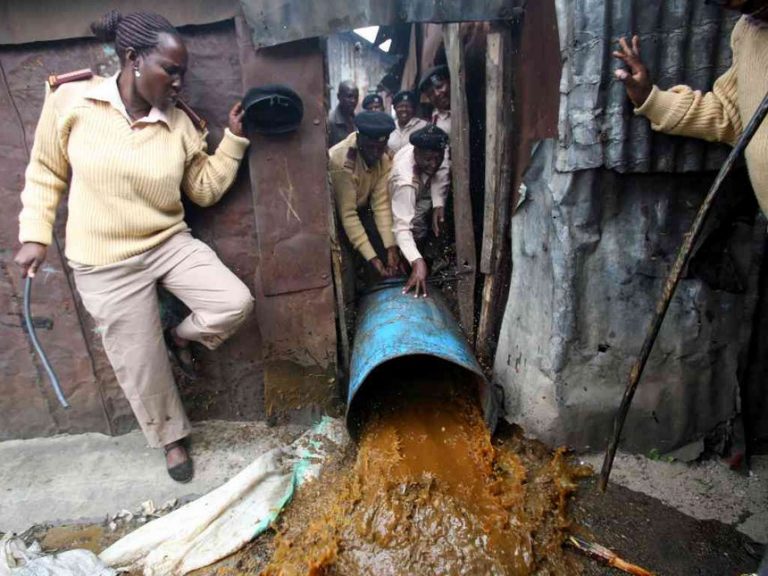
Global market research company Euromonitor International launched a global study on illicit alcohol. The multi-region report compiles findings from 24 countries in Africa, Eastern Europe and Latin America. Results show that 26 percent of the total volume of alcohol consumed in these countries is illicit.
The study identified five main trends shaping the global illicit alcohol trade:
- Higher Affordability of Illicit Alcohol
Consumers at all income levels purchase illicit alcohol for various reasons, but the commonality is that the illicit products they buy tend to have lower prices than their licit counterparts.
- Strong Consumer Perceptions and Low Awareness
Consumers are usually unaware of the illicit nature of the products, do not perceive a difference in quality or consider consumption of these products to be socially acceptable.
- Inadequate or Extreme Regulatory & Legal Framework
Comprehensive regulatory and legal frameworks aim to monitor and control the entire alcohol supply chain. However, sometimes national frameworks are ineffectively designed. Some control mechanisms may even unintentionally boost illicit alcohol consumption by making it more difficult for consumers to access or afford licit beverages.
- Lack of Enforcement & Collaboration
Illicit players often operate with relative impunity because the policies that have been announced are not effectively operationalized and penalties are not high enough to act as deterrents. This is mainly due to corruption as well as by the lack of collaboration between government agencies and the public, private and civil society sectors.
- Poorly Regulated Distribution Channels
Illicit players worldwide take advantage of underregulated or weakly controlled distribution channels to buy raw ingredients as ethanol and to reach consumers. The distribution landscape has become increasingly complex because of globalization and technological developments.
“The groundbreaking findings from the study clearly demonstrate a need to improve global regulatory conditions on alcohol. Complex and inadequate regulations, as well as taxation, can generate undesired consequences. There must be considerate attention put on this subject, as there are areas such as Africa where illicit alcohol represents 40 percent of the total alcohol market,” said Lourdes Chavarria, senior consulting practice manager – illicit trade at Euromonitor International.
